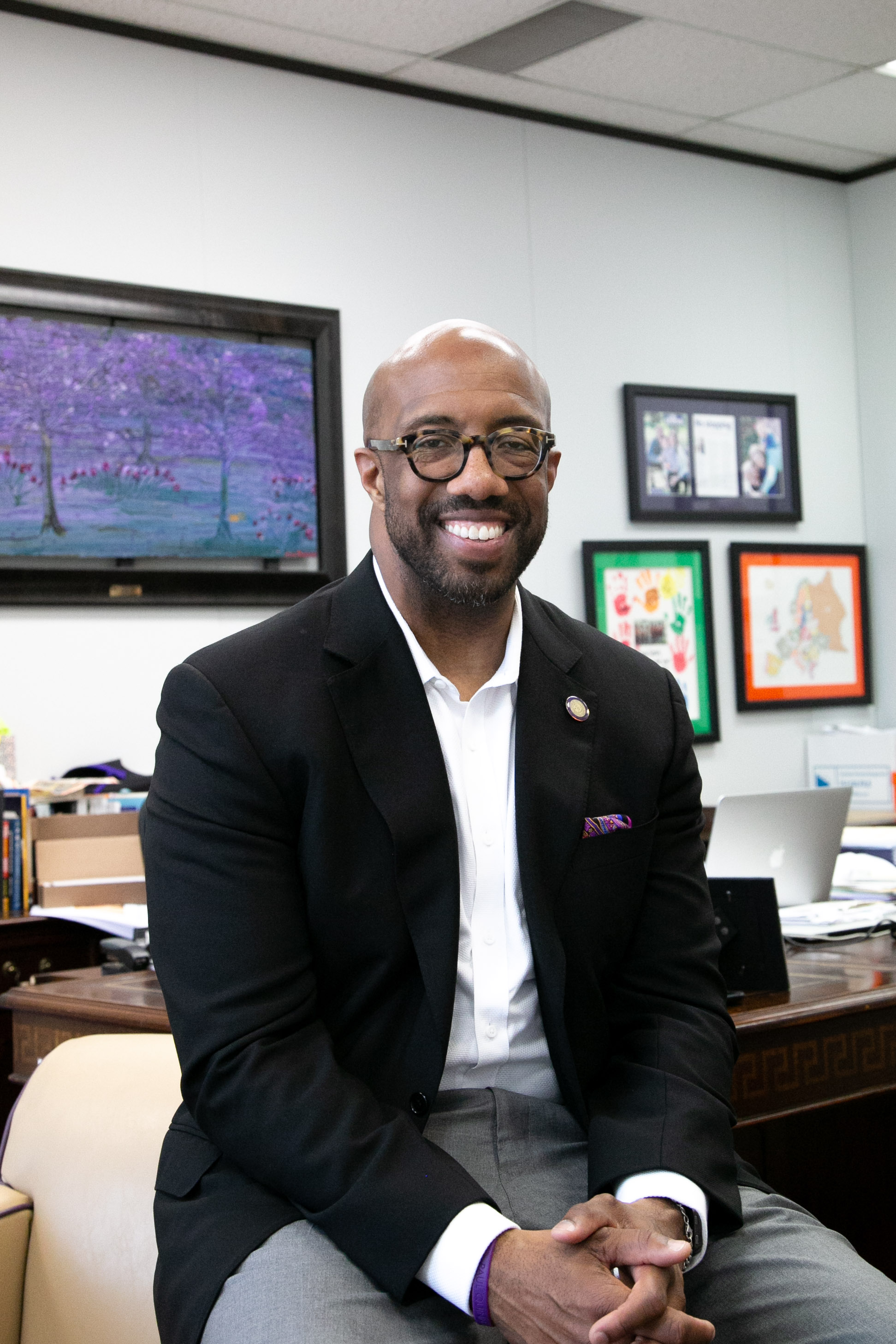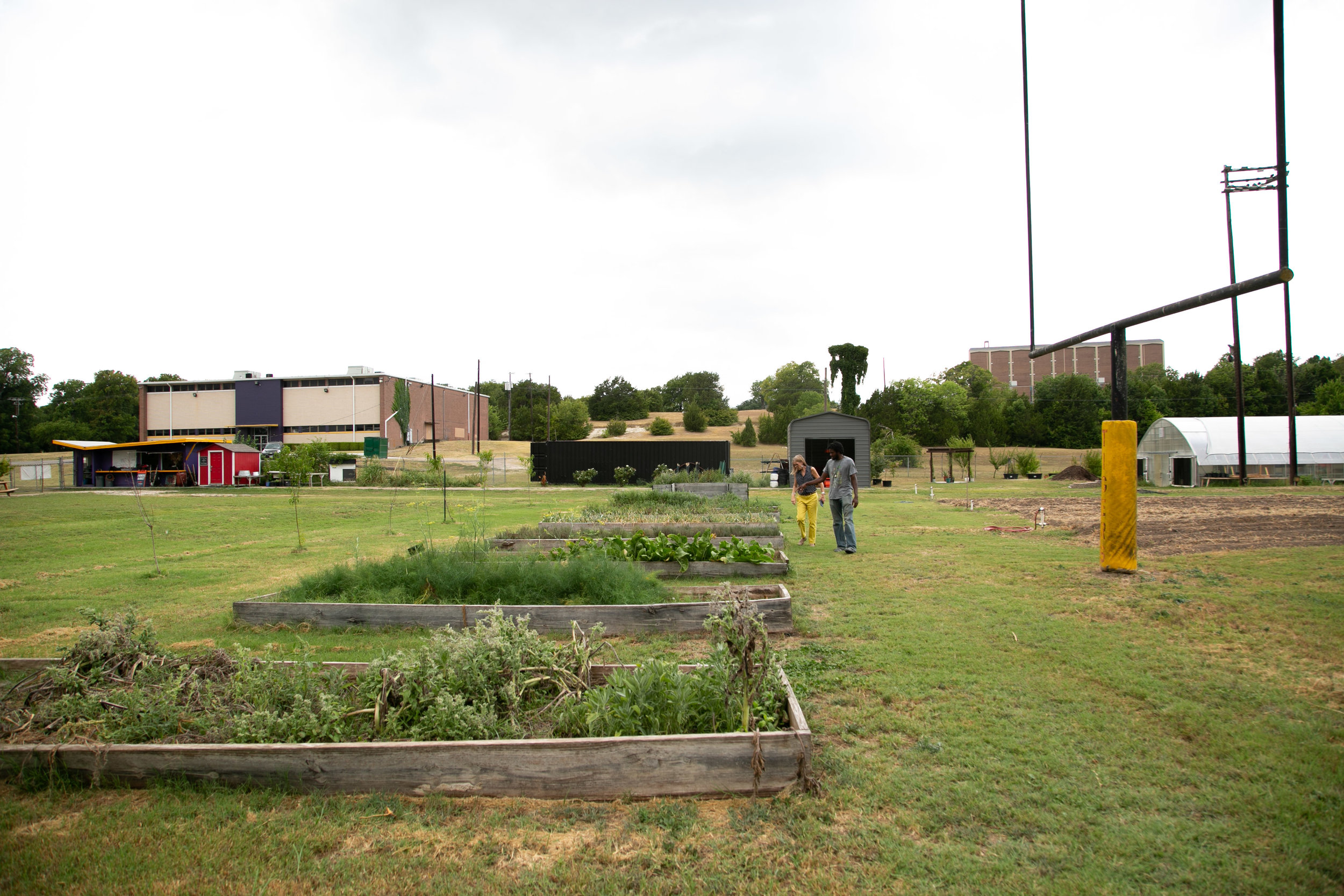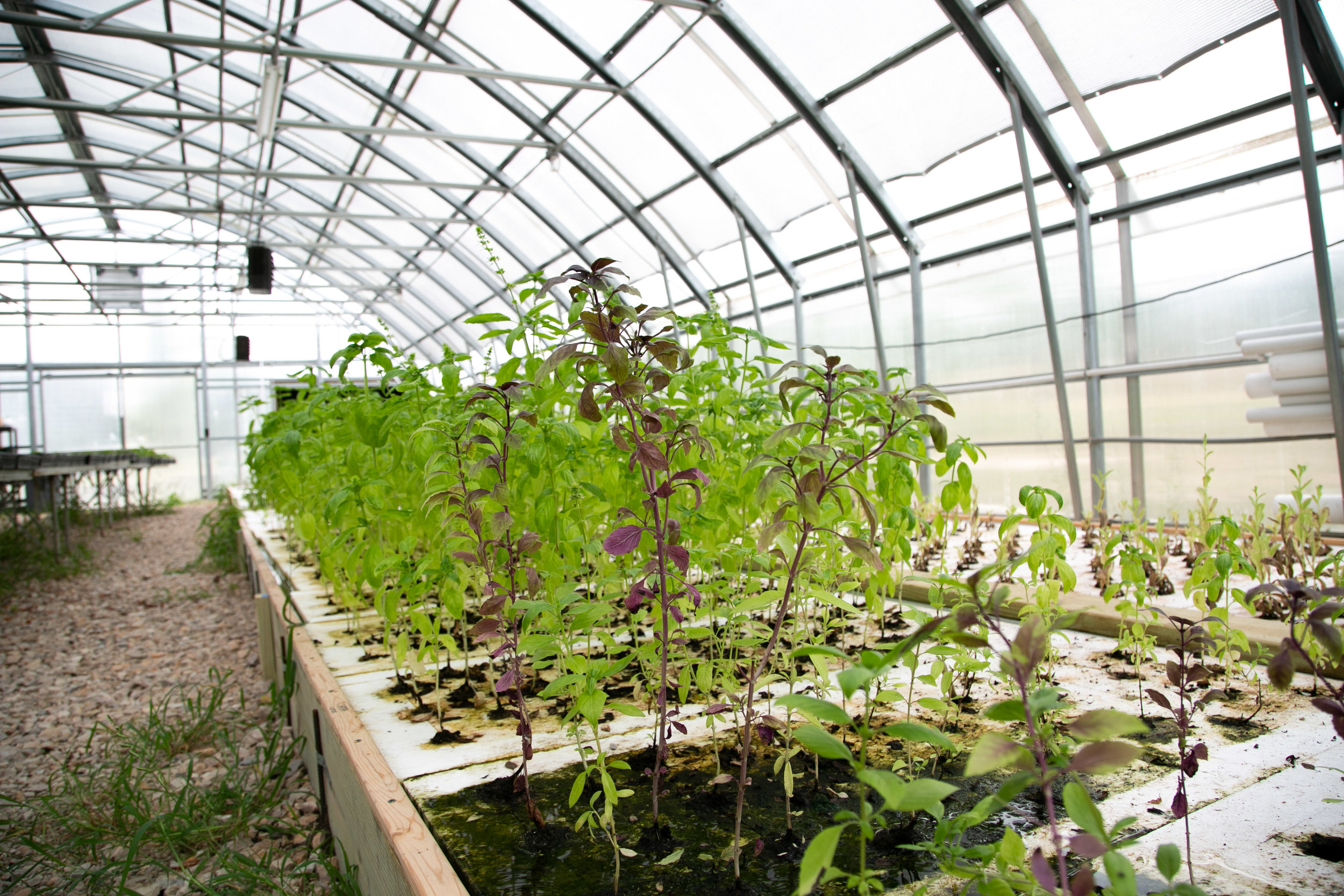In addition to Michael Sorrell’s long list of well-deserved accolades for the impact he has made in Dallas, he is a self-proclaimed accidental college president.

“It turns out that I’m the world’s worst interim college president,” Michael said, laughing as he reflects on the last 11 years that he’s served as the President of Paul Quinn College. The higher education institution in southern Dallas received notable attention and praise in 2010 when the administration, under Michael’s leadership, changed the college for the better, reversing the course of the drastically decreasing student enrollment numbers in a matter of semesters. Namely, the media clamored to report the story of Michael and his team, including donors in Dallas, converting the campus’s underutilized football field into a farm that provided fresh produce to the college’s neighborhood, most of which is inhabited by individuals and families living well below the poverty line.
But Michael’s journey didn’t start in higher education. Michael served in various capacities throughout his career: he obtained a law degree and a Master’s degree in Public Policy from Duke University, studied to receive a Doctorate in Education from the University of Pennsylvania, worked in law firms around Dallas, served at The White House, and participated in the Olympic bid committee, amongst other things. When he was approached to serve as the Interim President for Paul Quinn College, Michael was the Chief Problem Solver for Victor Credo, a strategic public affairs/sports management firm. He was working with a client to negotiate the purchase of the Memphis Grizzlies. While heading to Oklahoma City to scout Kevin Durant for the Memphis Grizzlies transaction, Michael received a call asking him to consider serving as college president. He initially dismissed it, too excited about the NBA-related opportunity that lay ahead.
“But the whole night, my mind was racing,” he remembers. The offer had planted a seed within Michael, one that reminded him of his influential upbringing by his service-focused parents and grandmother. He proposed a 90-day interim role and and accepted the job on those terms while remaining at Victor Credo, pursuing the deal with the Memphis Grizzlies. Michael worked hard in his interim role at Paul Quinn, and ultimately made the choice to stay with the college, which is when everything changed, both for him personally and for the school.
In the first few months in his new role, Michael and the Paul Quinn College staff began focusing on ways to utilize education as a key not only to obtaining a job upon graduation but also as a means to ending poverty once and for all. Michael remembered what his mother had told him about poverty, having lived through it herself as a child: she continually instilled a mindset of service within him, telling him that while she hoped poverty would never be something he experienced firsthand, that money shouldn’t be his master. That service—living for others, loving well, leading with purpose—should be his goal.
“What poverty does is it robs people of their dignity,” Michael said. “It robs people of their ability to dream. It robs them of the ability to do simple things simply.” At Paul Quinn, Michael and a team of excellent educators began working to advocate on behalf of their students, 70% of whom will receive no financial support from their families for higher education.
“We’ve created an institution that’s built around this idea of leadership and service,” Michael said. “Our ethos is ‘we over me.’ We have an obligation to leave things better than we found them, and the only way we can do that is to serve.”
Like nearby Bonton Farms, the Paul Quinn College community wanted to have a positive impact on their neighborhood. “We didn’t have a business plan, per se,” Michael recalls, reflecting on the decision to convert the school’s football field into a community-centered farm full of healthy produce. “We were just angry. In a city like Dallas, people shouldn’t live closer to a garbage dump than a grocery story. That was what got us going.”
Michael is now officially the longest-serving President in Paul Quinn’s 146-year history, and he’s not planning on leaving any time soon; there’s too much to do. The campus is now home to a complex hydroponics system, one that allows farming to occur 24 hours per day, 365 days per year. Through a fascinating, precise cycle, fish fertilize crops, providing another self-sustainable element to the Paul Quinn campus. In recent news, D Magazine reported that the school’s leadership team is launching an Urban Work College Network in Plano in the upcoming school year.
Above all, Michael cites the Paul Quinn students as his greatest inspiration: they are true phoenixes that have risen from the proverbial ashes.
“We’re here because we believe in them,” Michael says about the students. “We’re here because we recognize the genius that exists in these communities. We’re here because every rose doesn’t bloom on the first day of spring—some of them grow out of concrete.”
If you know someone who is Doing Good in Dallas, we’d love to hear about it! Share their story with us.
Story by Rachel Brown. Photos by Hunter Lacey.

